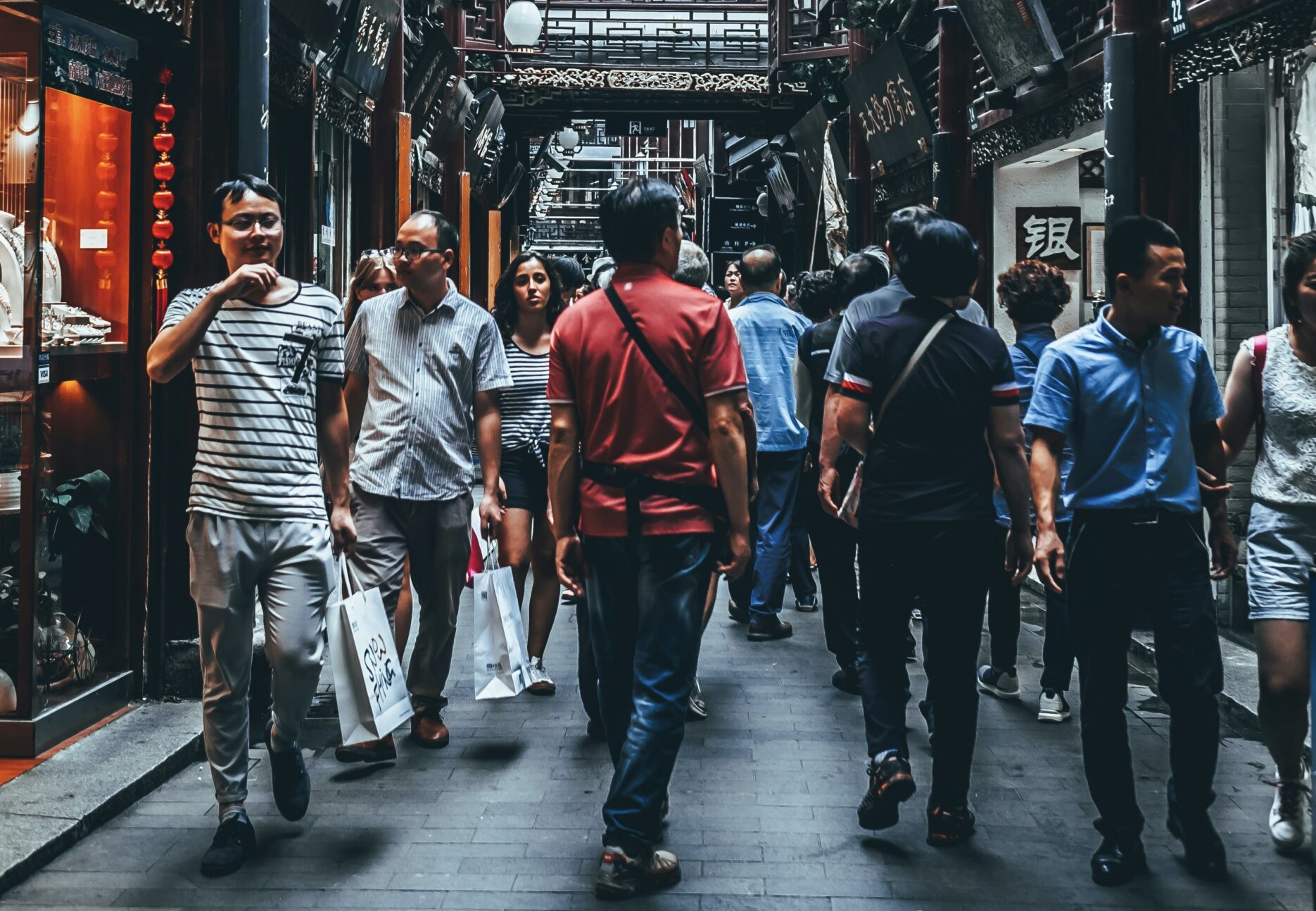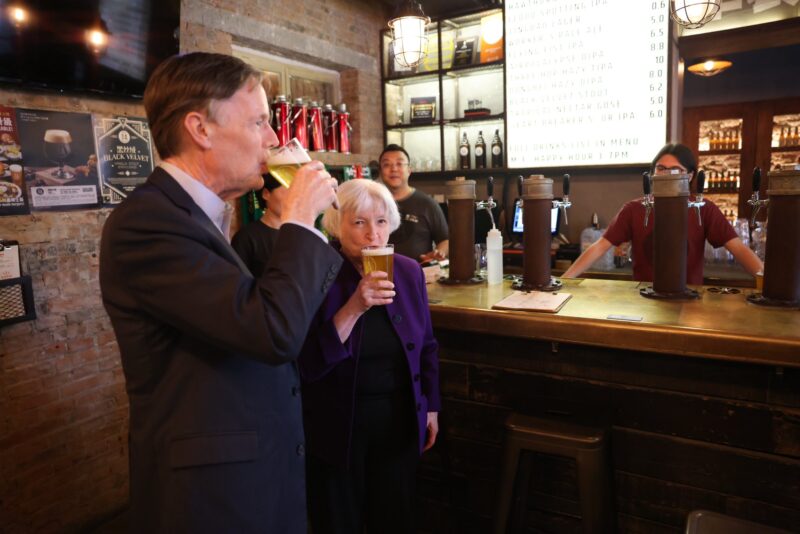As the Qingming holiday, or Tomb Sweeping Festival, between 4-6 April concluded, the boost in tourism arrived as forecasted. According to data from the Ministry of Culture and Tourism, over the three-day holiday, 119 million people travelled domestically, up 11.5% compared to 2019. Spending on domestic travel reached 53.95 billion RMB (7.46 billion USD), growing 12.7% from pre-pandemic levels in 2019. People visiting their ancestral tombs or graves of their loved ones reached 47.56 million.
A popular topic on Weibo, China’s Twitter equivalent, is “It looks like there are 100 million people at every tourist attraction” (#全国景区都像有1亿人#), gained 50.14 million views on the platform. 5 provinces and direct-administered municipalities earned over 10 billion RMB (1.28 billion USD), including Anhui, Yunnan, Henan, Shanghai and Beijing. Anhui, which boasts attractions such as the Huangshan ranges, topped the list for both visitors (20.28 million) and revenue (11.52 billion RMB/1.59 billion USD).
The cities that went viral before the holiday, such as Tianshui and Kaifeng, also did well. Tianshui, Gansu saw 946,000 visitors during the holiday, raking in 540 million RMB (74.68 million USD). On the other hand, Kaifeng, Henan gained huge popularity after the “matchmaker” character Madam Wang at the theme park Dasong Wuxia City went viral for her earnest and skilful interactive matchmaking shows, a live version of dating shows. Although the viral performer of Madame Wang, Zhao Mei took leave for health reasons during the holiday, people still swarmed to see the performance by her colleagues. Hotel bookings in Kaifeng grew 10 times year-on-year. Interestingly, Zibo, the darling of last spring and the first of the smaller cities to go viral regained some popularity as it is barbeque season again.
Some pundits see this as a “turning point” for the recovery in both travel and consumption. In February, the recorded average spend per trip for the Chinese New Year was 9.5% lower than in 2019, a sign that “consumption downgrade” or “rational consumption” was still continuing, according to experts. With some B&Bs in Kaifeng already fully booked for the Mayday/Labour Day holiday in early May and people starting to book flights for the National Day holiday in October on the booking platform Qunar, it seems these trends will continue to flourish for some time.









